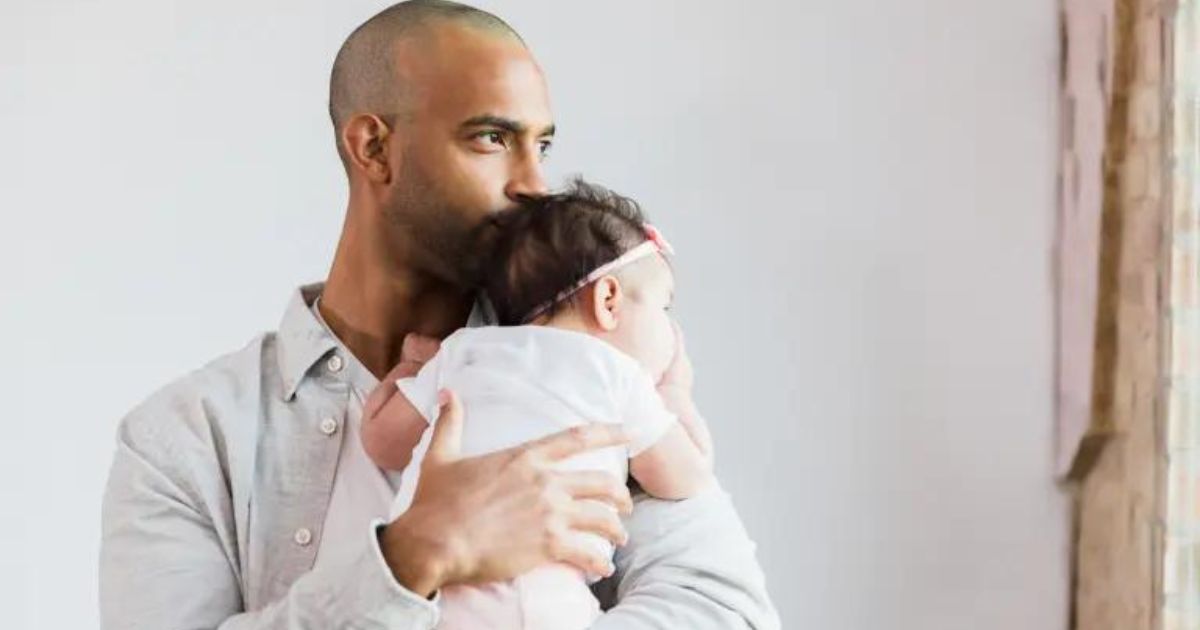In a groundbreaking study from the University of Illinois Chicago, it has been established that fathers are as susceptible to postpartum depression as mothers. This pivotal research highlights the often-overlooked mental health challenges faced by new fathers and underscores the urgency of recognizing and addressing paternal postpartum depression.
Paternal Postpartum Depression And The Hidden Struggles of New Fathers
Lead author of the study, Dr. Sam Wainwright, sheds light on the emotional turmoil experienced by many new fathers. The pressures of balancing work, parenting, and partnership responsibilities can leave dads feeling stressed and overwhelmed.
Dr. Wainwright emphasizes the profound impact that a father’s mental health can have on the well-being of the entire family.
One of the study’s crucial findings is the interconnection between maternal and paternal postpartum depression. When a mother is at risk for postpartum depression, the likelihood of her experiencing it increases significantly if her partner is also struggling with depression.
This highlights the importance of recognizing and addressing the mental health of both parents during the postpartum period.
The study involved the examination of 24 fathers, conducted with the permission of the mothers. Shockingly, around seven of these fathers “screened positive” for mental illness.
These findings underscore the prevalence of paternal postpartum depression, impacting an estimated 15% of individuals, as reported by the Cleveland Clinic. Other studies have estimated that 8% to 13% of new fathers experience postpartum depression.
Dr. Wainwright shared poignant experiences from the clinic, where fathers would express their stress and concerns but often hesitate to confide in their partners. The stigma surrounding men’s mental health can contribute to this silence.
However, this study emphasizes that addressing paternal postpartum depression is essential for fostering healthy family dynamics and ensuring the well-being of both parents.
Recognizing paternal postpartum depression is a crucial step toward better mental health support for families. Fathers play a significant role in the postpartum period, and their emotional well-being should not be overlooked.
Encouraging open conversations about mental health, providing resources, and creating a supportive environment for fathers are essential initiatives in addressing this issue.
The University of Illinois Chicago’s groundbreaking study has illuminated a vital concern in the realm of mental health—paternal postpartum depression. As fathers face the challenges of parenthood, it is crucial to acknowledge their emotional struggles and provide the necessary support.
By recognizing and addressing paternal postpartum depression, society can take significant steps towards fostering healthier family dynamics and ensuring the well-being of both parents and their children.


























